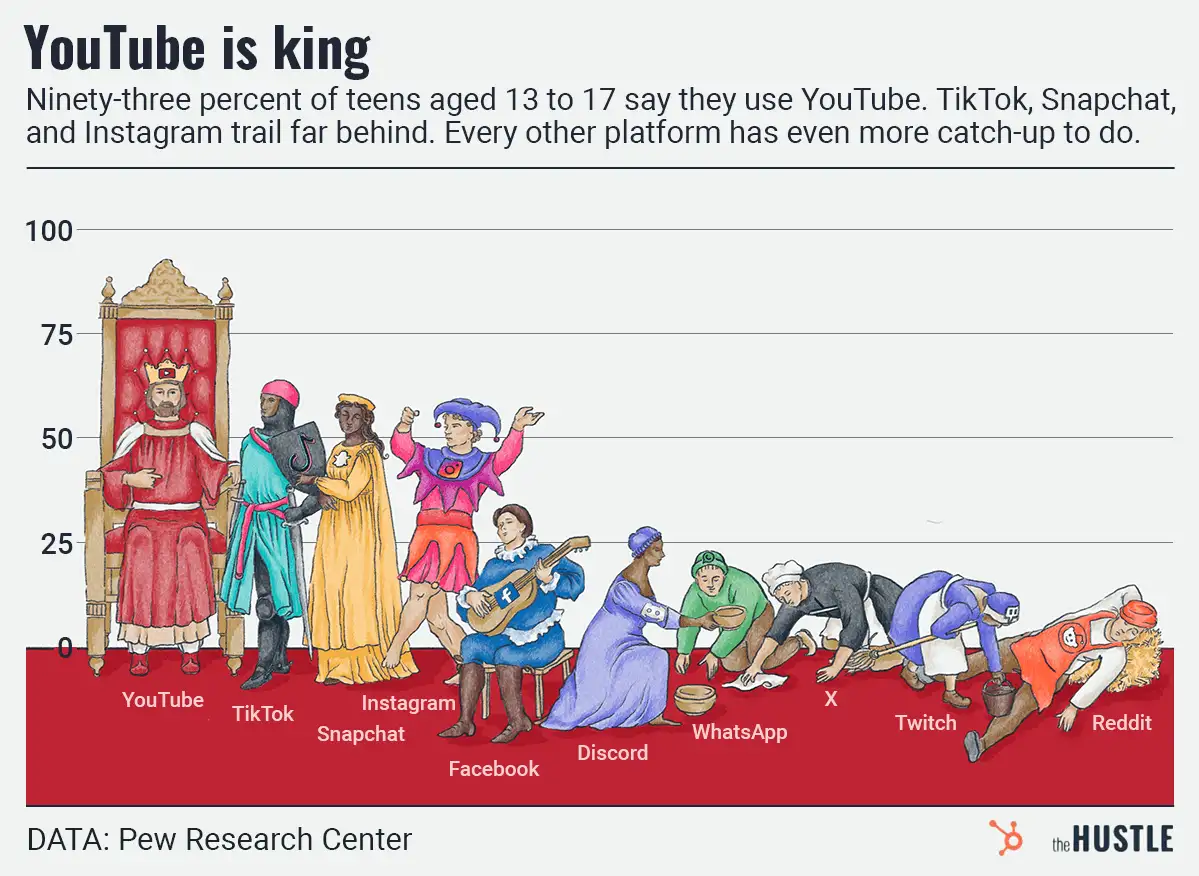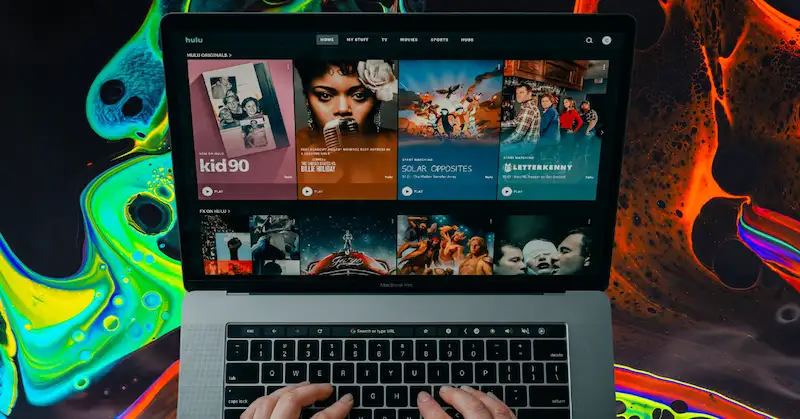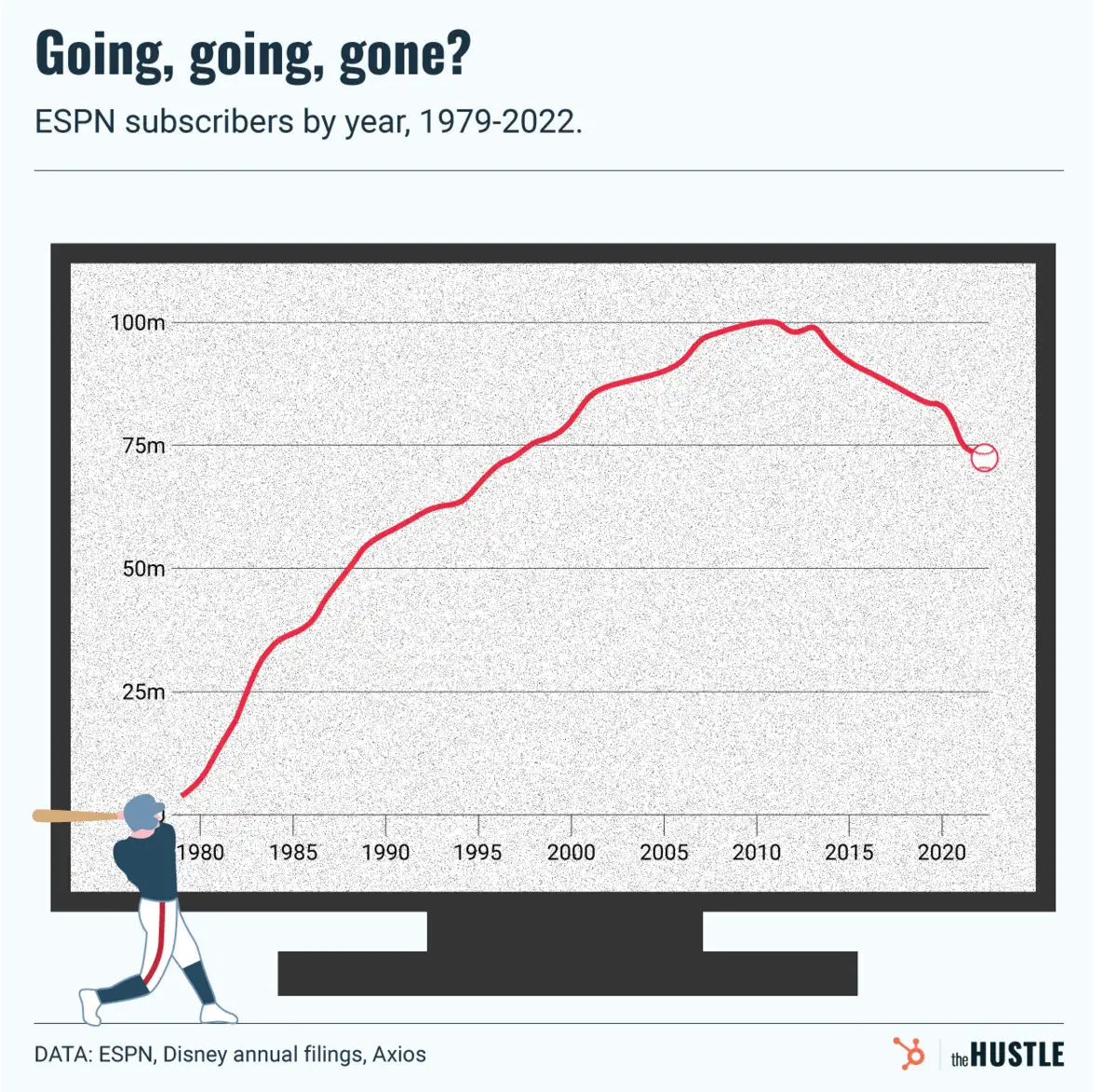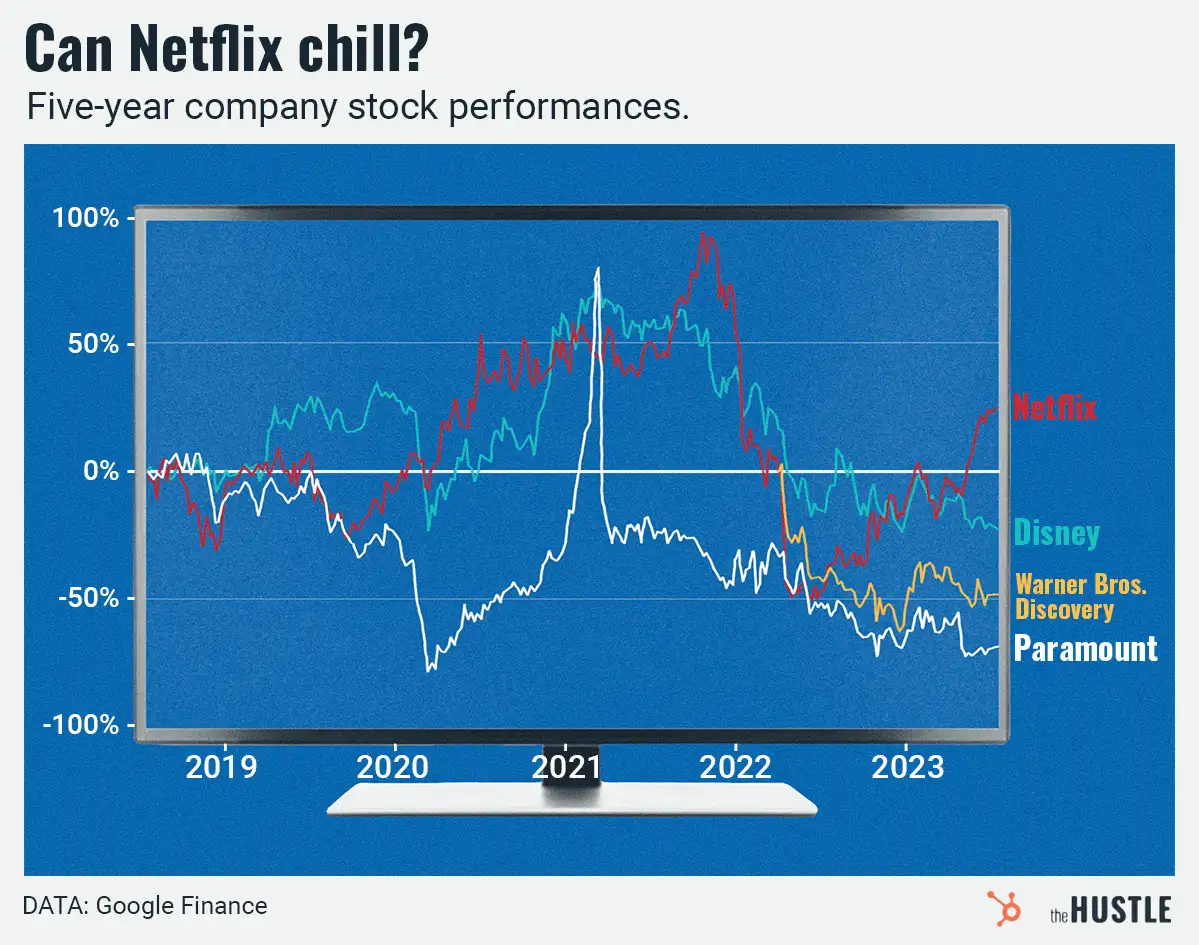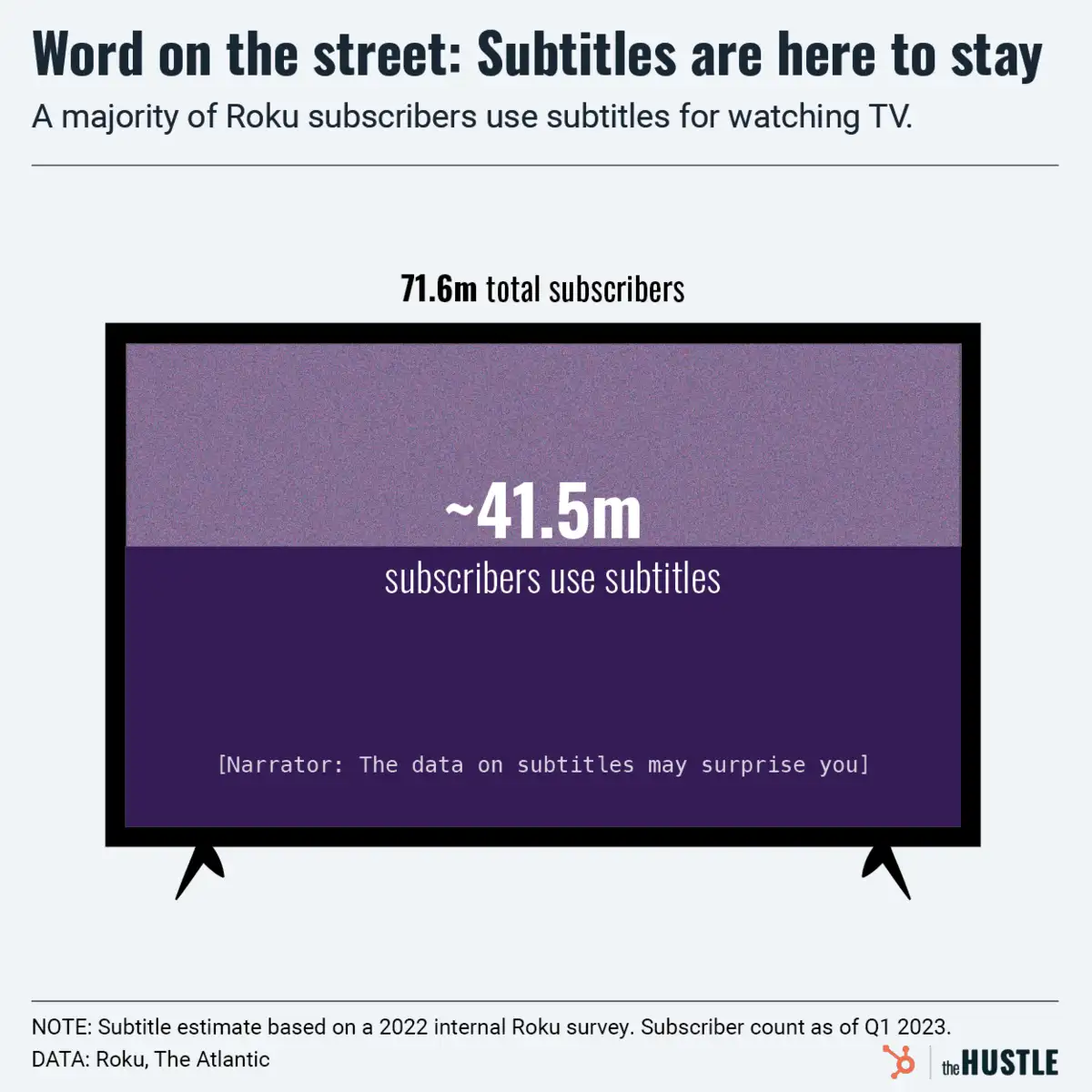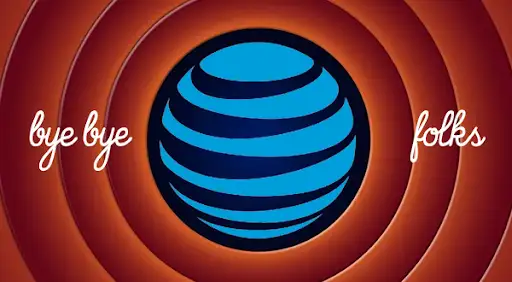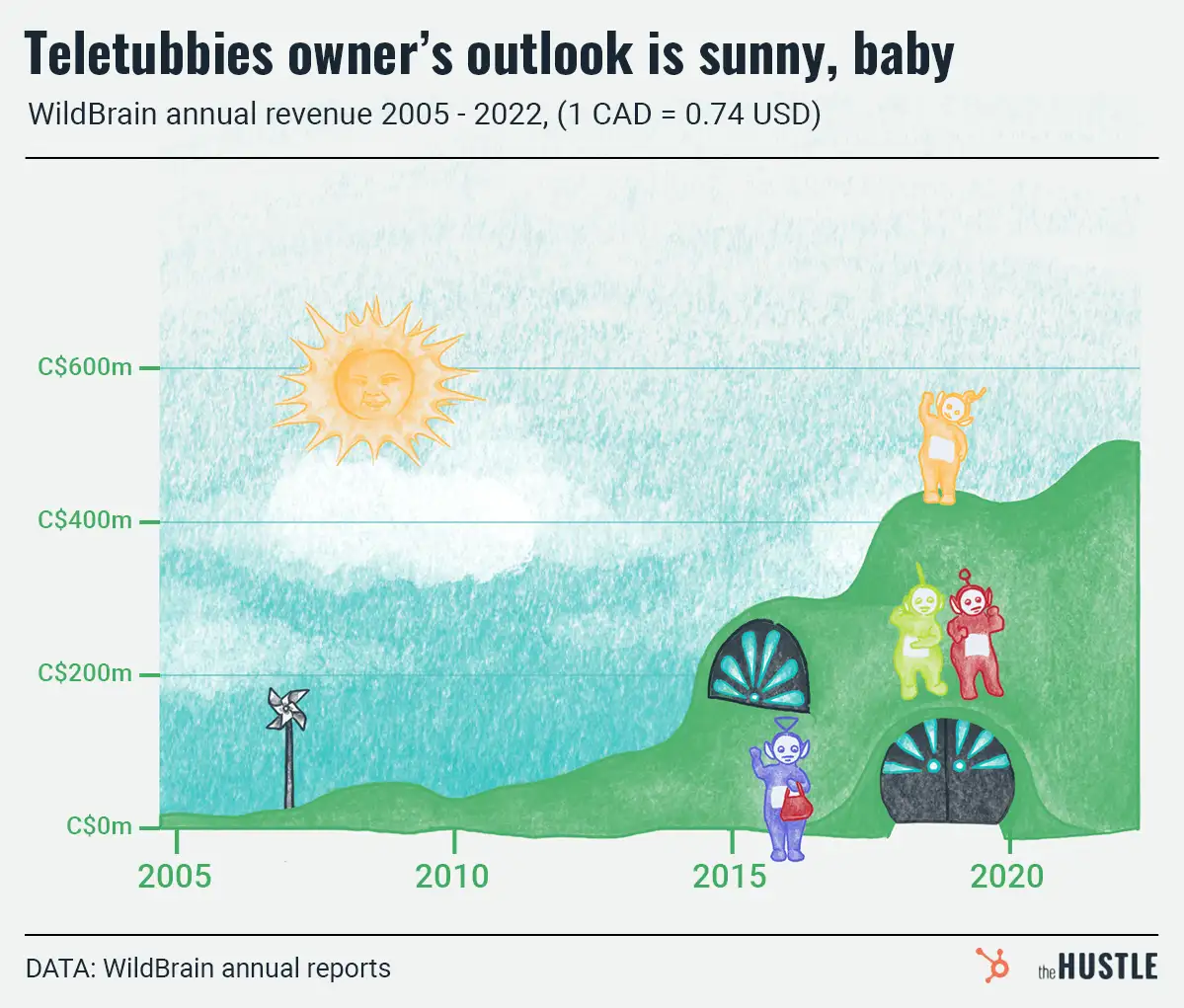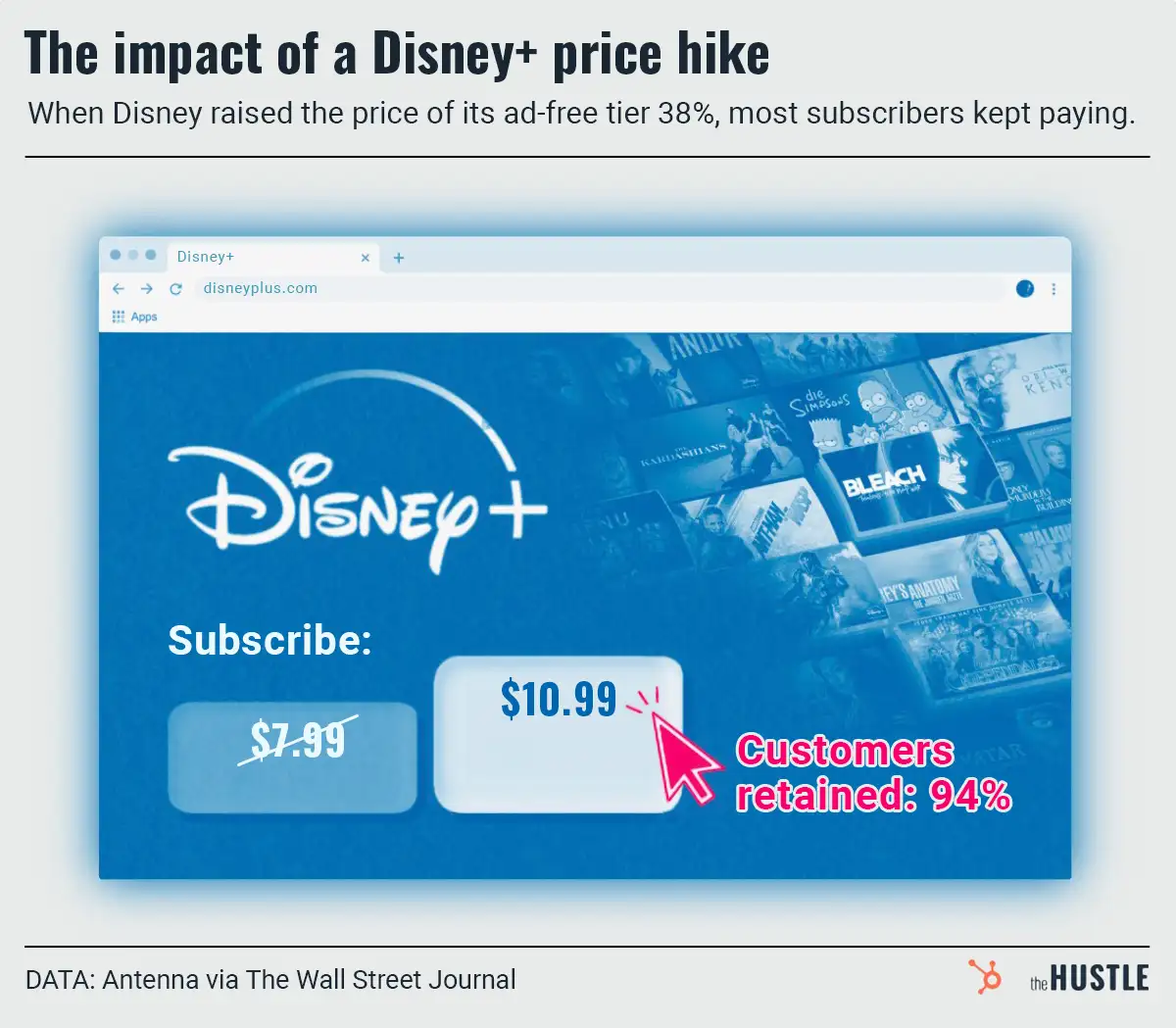Once upon a time, hosting a podcast meant recording your movie reactions on a $20 microphone in your bedroom.
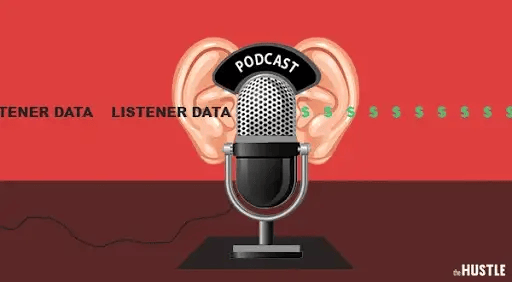
But those geeky early days are gone: Podcasting is on track to become a $1B business next year, with the biggest players raking in as much as $30m annually.
Now, a bunch of new tech players are trying to bring the Facebook model — gather intel on users, pump out micro-targeted ads — to audio hawks.
The rise of targeted podcasts
As The Markup reports, these companies have sparked controversy:
- Basecamp (a project management firm) ditched its podcast host, Art19, over concerns about personalized ads.
- Libsyn (a podcast platform) left its analytics company, Podsights, for tracking IP addresses.
In response to these issues, some platforms, like Overcast, now let you see which podcasts track you.
Podcasts used to have an old-school edge
Ads were pre-recorded into each episode, so that you’d hear the same ad no matter when or where you listened.
But that started to change in 2014, when a company called Acast offered customized ads based on the date and the listener’s location.
Since then, podcasts have gotten more precise with your data. Analytics companies like Podsights will grab your IP address and device type and track whether you visited, say, Blue Apron’s website after hearing their ad.
But that’s nothing compared to what Facebook or Google do
Data privacy becomes a bigger question when you think about the big companies creating original podcasts — Amazon, Spotify, and Apple.
Those companies already have a ton of info on you. Spotify can even tell when your phone is in your hand or in your pocket.
Merge that data with your podcast habits, and your late-night Amazon searches for Guy Fieri merch might soon trickle into the ad section on your favorite pod.

